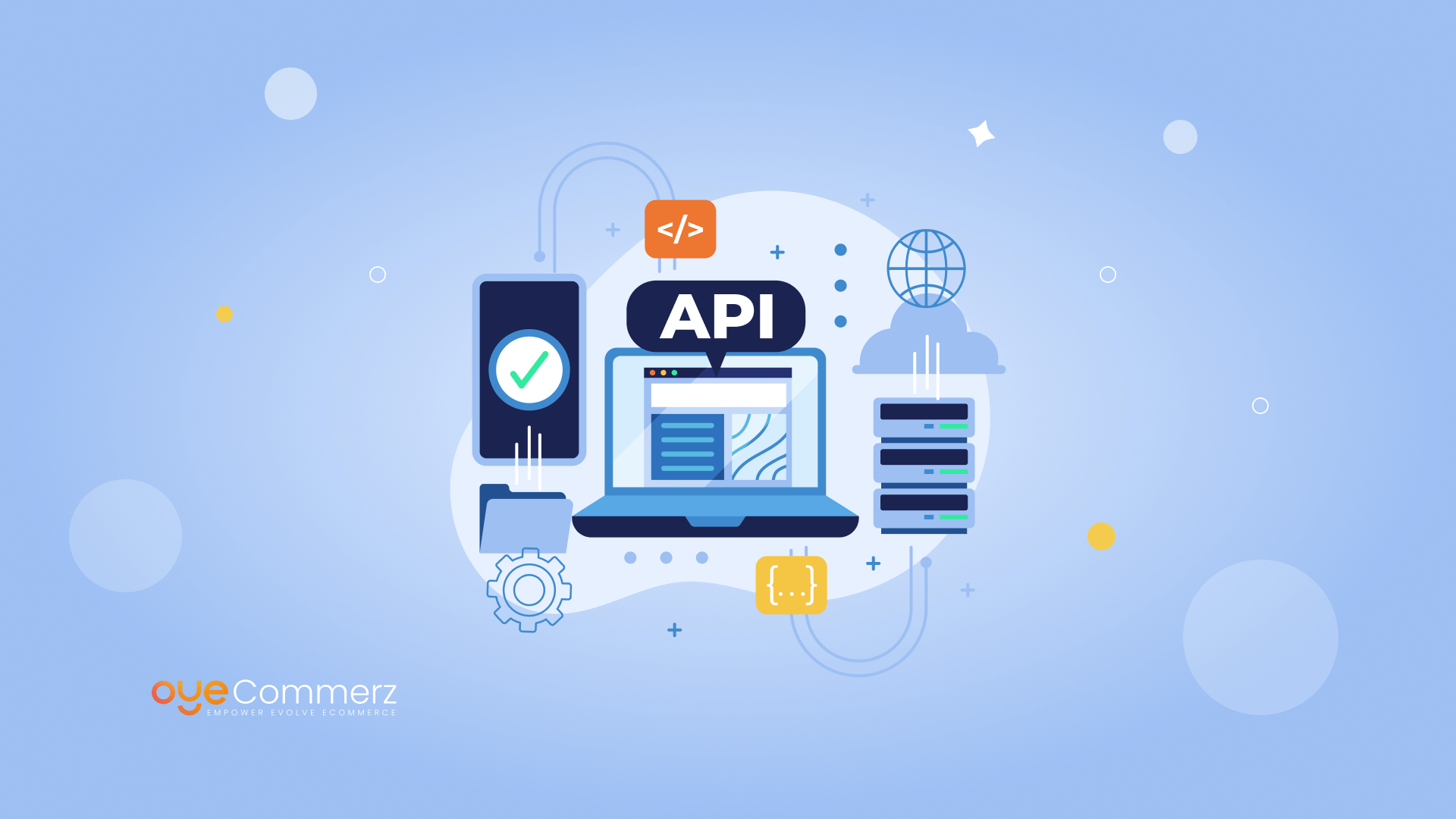Overview
In the current competitive e-commerce environment, differentiating is paramount, and a top method to set apart a Shopify store is through custom app creation. A well-built Shopify app can enhance store functionality, simplify processes, and elevate customer interaction. This guide delves into key elements of Shopify app development, from API integration to growth techniques and digital marketing approaches, offering a roadmap for companies seeking superior store efficiency.
The Importance of Shopify API Integration
Shopify’s API offers robust tools to personalize and extend store functionalities. With GraphQL and REST APIs, developers can access data to build applications that manage inventory management, order handling, and customer data management smoothly. Integrating Shopify’s API can enable improved workflow automation and allows stores to assist shoppers more efficiently.
Adopting the Polaris Design System
Polaris is Shopify's set of design guidelines for designing user-friendly and accessible Shopify apps. By following Polaris guidelines, developers guarantee that apps integrate smoothly within the Shopify Admin interface. This provides a cohesive appearance that appeals to Shopify merchants, promoting usability and familiarity for merchants using your custom app.
Navigating the Shopify App Ecosystem
The Shopify app ecosystem offers endless possibilities for improving online stores. From handling order fulfillment to boosting customer engagement, apps in this environment are tailored to meet diverse business requirements. Familiarizing with this system helps developers in identifying unique app ideas and allows for smooth connections of external tools that add value to the store.
Building Embedded Shopify Apps
Embedded apps work seamlessly within the Shopify Admin, allowing a seamless experience for merchants. They allow merchants do not need to navigate away from their Shopify control panel, streamlining their workflow. Using Shopify App Bridge and embedded app features is recommended for providing a cohesive, well-integrated user environment.
Leveraging Node.js and React for Shopify Development
The technologies Node.js and React have emerged as ideal tools for Shopify app development. This server-side framework enables efficient server-side applications, while React allows for interactive and adaptive front-end React for Shopify development user interfaces. Combined, they offer an excellent platform for creating speedy, scalable Shopify apps that enhance store performance and customer engagement.
Webhooks in Shopify Apps
Webhooks allow real-time data updates between Shopify and an outside application. They initiate events such as new orders or inventory updates and send instant notifications to your app. By utilizing webhooks, apps can deliver real-time insights for store owners, simplifying processes and boosting productivity.
Engaging Customers Through Digital Marketing for Shopify Apps
To make a Shopify app successful, engaging customers is key. Utilizing digital marketing strategies like SEO, email marketing, and social outreach can increase app usage. Additionally, creating applications with customer interaction as a focus (e.g., loyalty programs or personalized suggestions) boosts user loyalty and loyalty.
Scaling Your Shopify App
As e-commerce stores expand, so do their technological needs. Making sure that your app can scale to handle higher usage, larger databases, and more advanced functionalities is essential. By optimizing server resources and using scalable solutions, you can develop apps that grow in tandem with a store’s success.
Important Features and Maintenance Tips for Shopify Apps
For an app to be useful, it should offer essential features like user login, dashboard analytics, and customer support options. Ongoing app maintenance, including updates to fix bugs and ensuring compatibility with new Shopify functionalities, is vital to ensure uninterrupted performance and prevent disruptions to merchant workflows.
Conclusion
Custom Shopify app development holds vast potential for e-commerce stores, providing the ability to enhance store functionality, streamline processes, and build customer relationships. From integrating APIs to focusing on scalability and customer engagement, creating a Shopify app Shopify design guidelines requires thoughtful preparation and strategic execution. If you’re prepared to elevate your e-commerce experience, a tailored Shopify application may be the ideal choice. What capabilities do you see for your ideal app? Share your ideas and begin the journey to an enhanced e-commerce journey!
